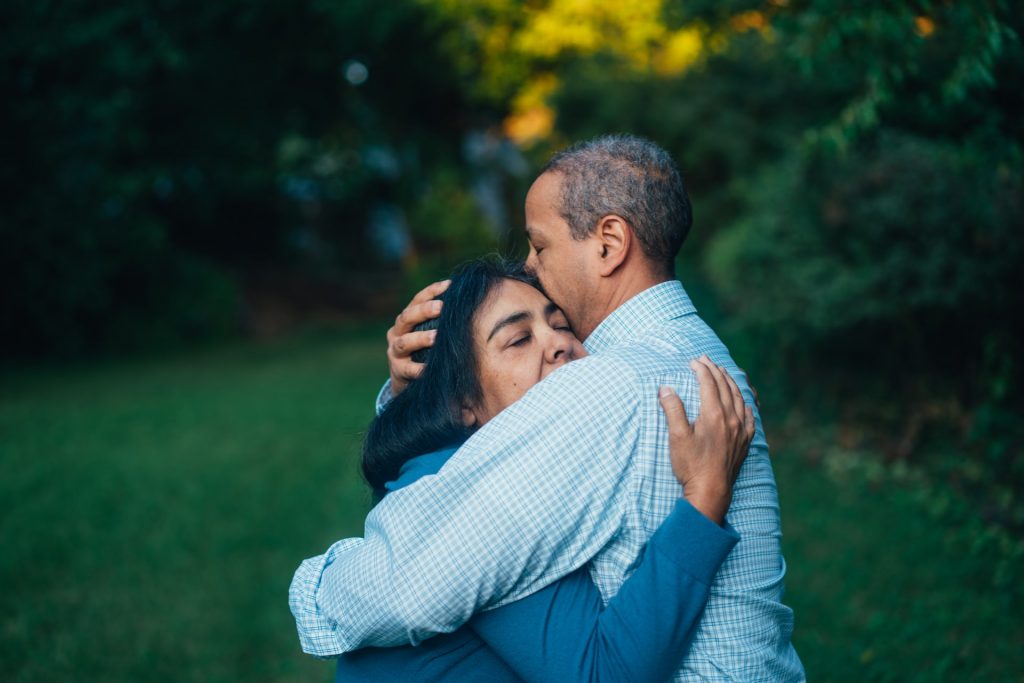“Forgive and forget” is an age-old saying, but in practice, it is often a lot more difficult to apply than you think. Yet it is an important skill. Why this is so important and how you can learn to forgive, I will tell you below.
How does it benefit you?
The ability to forgive yourself or someone else for their mistakes not only relieves a situation but is also linked to several other things. For example, it is positively related to cognitive flexibility (the ability to look at different perspectives and to adapt where necessary) and positive emotions. In addition, it reduces worrying thoughts and feelings of revenge and hostility. Being forgiving also contributes to many important elements of your well-being: you feel less angry, suffer less from anxiety and depression, and feel happier about your life. This also affects your relationships; you have longer relationships and are happier in your relationship. So it is worth learning to forgive!
Emotional forgiveness
Within forgiveness, there is an important distinction. You can forgive someone rationally or emotionally. To rationally forgive someone, means putting your feelings aside and not letting them affect how you behave towards that person. To emotionally forgive someone, means letting new positive feelings take over, allowing you to think of that person with empathy. What makes this distinction so important is that emotional forgiving allows you to take more psychological distance from a situation and look at it more objectively. This makes it easier to forget detailed information, making it less emotional for you. You forgive and forget!
How do you forgive someone?
To “forgive and forget” is a choice you can make. Forgiving requires attention and looking at perspectives. These are conscious processes and are therefore executive functions. It just takes some more effort than others. With the following tips you can take up the challenge to forgive someone else (or yourself):
-
Acknowledge your feeling
You feel this way for a reason. Something happened that made you feel this way, so allow the feeling to be there and investigate it! Is it anger, sadness, envy, jealousy, or maybe even resentment? What makes you feel this way? Are there things you are doing now that lessen or worsen the feeling?
-
View different perspectives
You’ve probably thought out your side of the story down to the last detail. But is there another side you haven’t looked at? Could there be other reasons why the situation turned out this way? What were one’s intentions? What would the other person’s experience be like? What does it gain you to forgive someone?
-
Examine your reaction
When we’re emotional we often react harshly and direct, but that does not always work out well. How did you react? Was it proportionate to the situation? Did you do or say something hurtful? How much room for forgiveness have you given?
-
Be empathetic
Injustice can hurt, but is the one who hurt you instantly evil? What are the good qualities of that person? What did someone mean to you? Can you empathize with someone else’s feelings?
-
Learn the right lesson
No matter what happens, you can learn from any situation. Even if you eventually decide not to forgive someone. What would you do differently to avoid a similar situation in the future? And if it happened again, what would you do?
-
Be clear about your needs
Your needs are always important. So clearly indicate what you feel, what you think of a situation, and what you need. For example, you might need to take some time to look at it from a distance, ask for time to think about it, or indicate that you want to slowly rebuild the relationship.
NiceDay app
Are you gonna accept the challenge to forgive someone? Try describing the situation in your diary and answer the above questions as an aid! Download the NiceDay app here!











